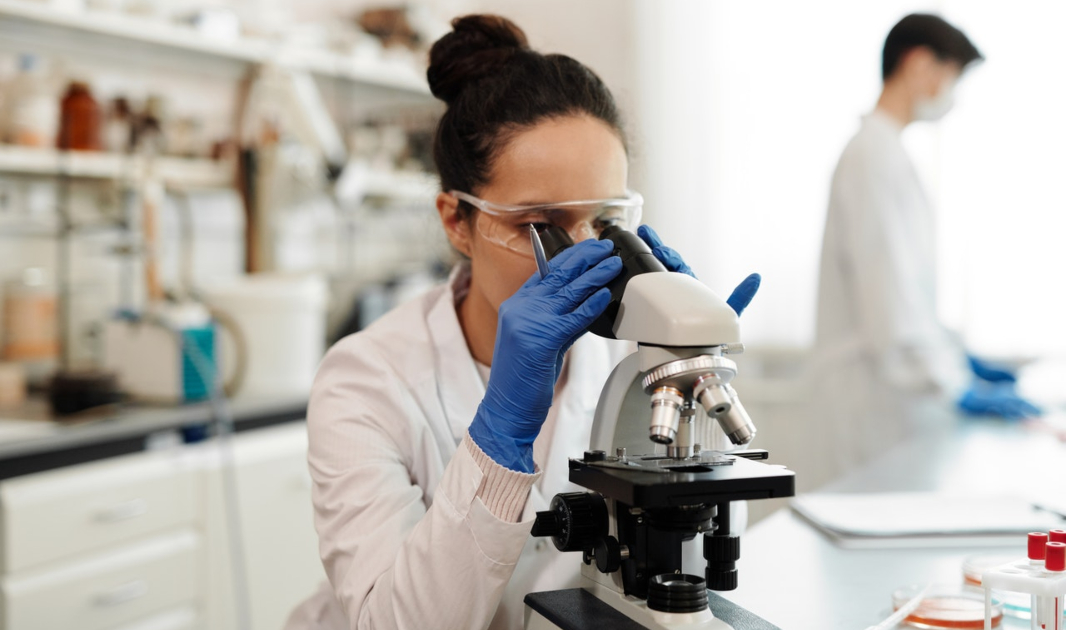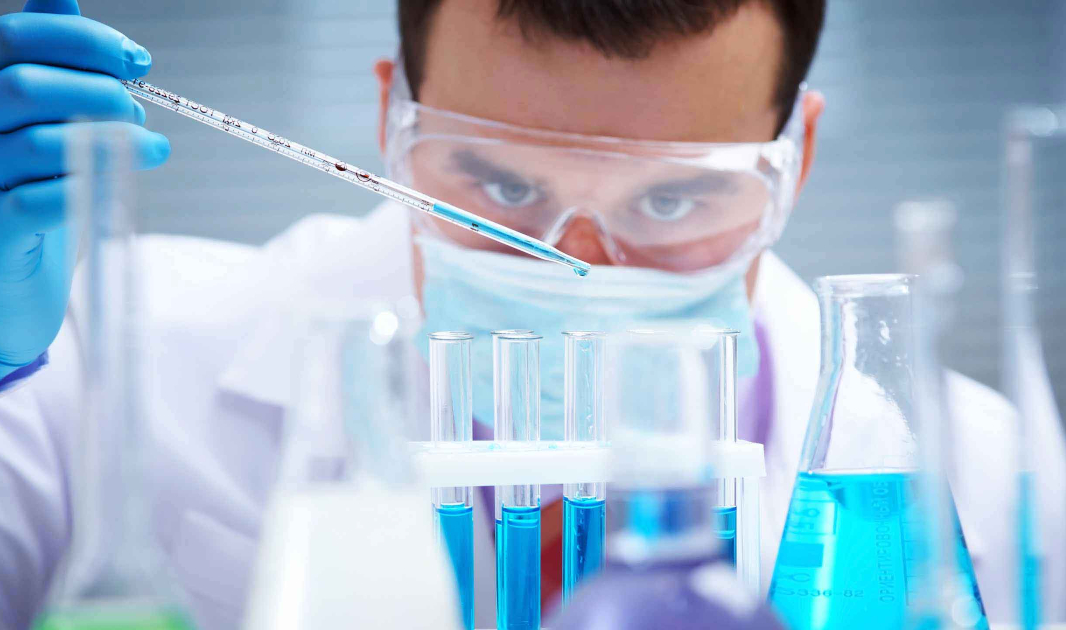Microbiology is the study of living organisms that are too small to be visible with the naked eye. This includes bacteria, archaea, viruses, fungi, prions, protozoa and algae, collectively known as ‘microbes’.
Evolve serves several clinical microbiology laboratories that study several specimens from different sources like plants to aid in disease detection. In the current era of healthcare, microbiologists can use collected data to improve and develop new vaccinations to help prevent illness in millions of people. In this Evolve blog, we look at what exactly happens inside a clinical microbiology lab.
What Is Clinical Microbiology?
Clinical microbiology deals with the relation of macro and microorganisms under pathological conditions. It focuses on isolating and identifying the characteristics of infectious organisms. Then they can be managed as well as treated in patients.
Clinical microbiology is essential now more than ever in an era where drug-resistant bacteria are developing and evolving. These bacteria make drug therapy more complex, so detecting infectious microbes is critical for developing new treatments.

The Role of a Microbiology Laboratory
Infectious microorganism isolation and characterisation have two essential functions.
The day-to-day management of infection is clinical. And using microbiology knowledge to find the source and route of transmission of an infective microbe. This is epidemiological, allowing staff to stop an infection from spreading.
In a clinical microbiology lab, microbiologists will analyse data and offer advice to clinicians on suitable treatment. They may also advise on infection prevention. For example, microbiologists may discuss the choice of antibiotics or strategies to prevent infection spread.
The Clinical Role
Some infections are more severe and need immediate treatment without knowing the causal microorganism. But if there is a clinical suspicion of disease, laboratory tests will be able to confirm a diagnosis. Bacteria or more antibiotic-resistant fungi are usually the cause of most healthcare associated infections. Therefore, diagnosis is essential for targeted treatment.
Microbiology labs are becoming more important in clinical medicine and preventing infections because they can diagnose the most common infectious microbes. Plus, they can determine the antibiotic susceptibility of the infective microbes. Targeted treatment leads to better patient outcomes, curbing infection spread as transmission rates reduce.

Infection Control Role
For an Infection Prevention and Control programme to be effective, a clinical microbiology lab must be a part of it. It has many roles in controlling HCAIs:
- Managing Outbreaks
- Running additional tests for Epidemiological Studies
- Bacterial Typing
- Fungal Typing
- HCAI Surveillance
- Reports about new microbes
- Reporting unusual resistance
Quite a big part to play. Not to mention that the role of a microbiology lab can educate IPC personnel about microorganisms. In addition, knowing and communicating about HCAIs and their role in infections helps information be shared rapidly.
Microbiological Data Interpretation
Microbiologists must analyse and interpret microbiological data. But before interpreting test results, they should verify if the specimen used was correct. This means that the sample was cultured appropriately and not contaminated through any storing or handling processes.
Then, a microbiologist will determine if the isolated microorganism is a primary or opportunistic pathogen. Primary pathogens cause disease in a host regardless of their health and immune system. Oppositely, an opportunistic pathogen doesn’t typically infect the host. However, they do produce infections in hospitals, especially in immunocompromised patients or have underlying diseases. Determining the type of pathogen usually comes down to clinical suspicion or an established, working diagnosis.
And the most important of all – is understanding the actual immune status of a patient when the specimen was collected. A vaccinated patient against a non-vaccinated patient, for example, can mean all the difference in the world. This is because vaccinated patients already have an established immune response to a foreign microbe. Non-vaccinated patients don’t.
Sterile samples such as blood and cerebral spinal fluid are easy to interpret than non-sterile samples (respiratory specimens, multiple swabs). They are also easier to interpret than urination samples or other quickly contaminating samples.
How Evolve can help you
Evolve has been supplying equipment to laboratories large and small for almost 20 years.
We also supply and service an array of lab equipment, including top brand microscopes, rotary evaporators, centrifuges, laboratory chemicals and water purification systems. Our team of friendly field service engineers will visit your site and provide first-class maintenance for your laboratory equipment, ensuring your instruments are always in peak condition.
Tap into our team of experts, here to guide you through our products, services and planning. If you need to speak with us right away, call us or visit our Support Centre page. You’ll be glad you did.
What else are you looking to do?
Stay up to date with the latest news, ideas and insights from Evolve
When you succeed, so do we
At Evolve, a love of science is in our DNA. We’re proud to offer our customers an extensive range of quality laboratory and scientific equipment from leading brands as well as exceptional consultancy advice and customer service.
Whatever you’re looking for, we’ll provide a dedicated service that’s designed around you and your project.
Whether we’re building the first EU-GMP pharmaceutical lab in Ghana, developing the first-ever medical cannabis facility in Malta, or equipping the largest police forensics unit in Dubai, we’re there with you every step of the way.
If you’d like to speak to one of our experts on how Evolve can help your next science-led project, please get in touch with us today.


